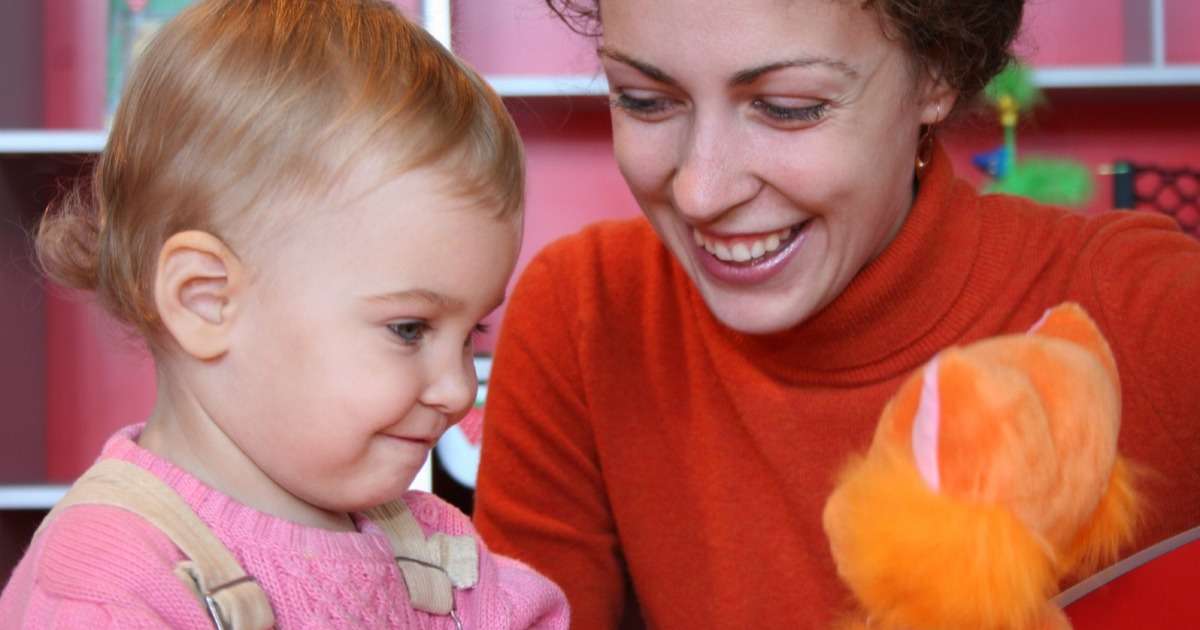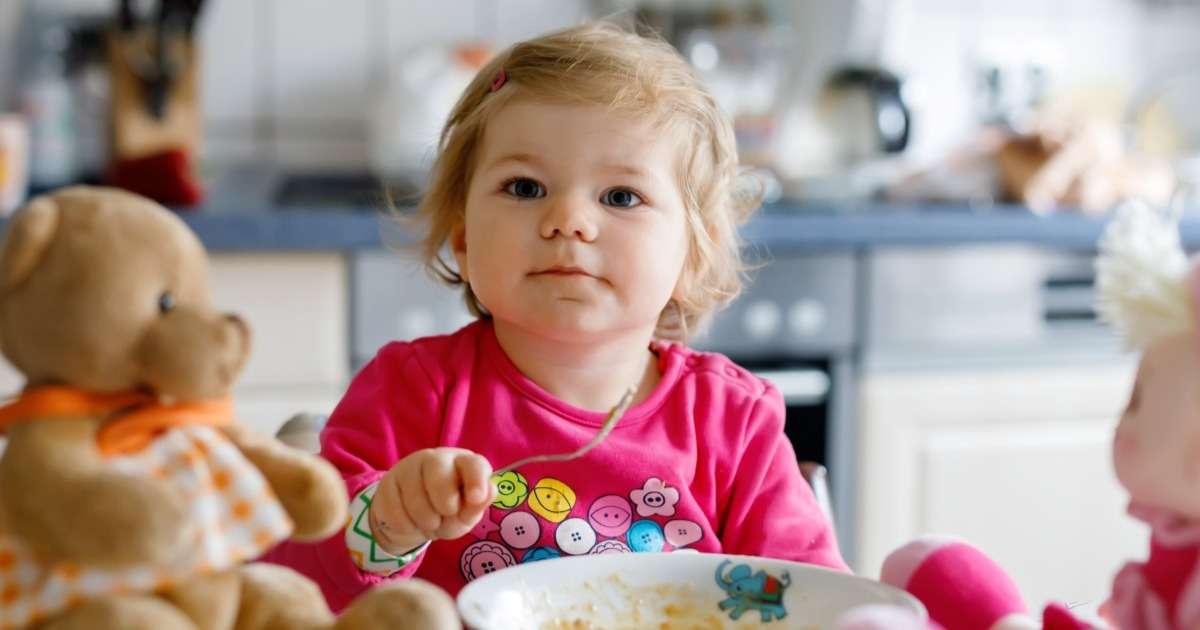
The role of parent-child interaction on child development
When children face cognitive and motor delays, they are often unable to reach developmental milestones at the expected times. Does this influence the interactive behaviors of parents and children?

Eating behaviors in children: how is looking related to consumption?
Is time spent looking at food related to eating behavior? Researcher Lundquist and her colleagues studied the relationship between delayed gratification and consumption of food.

Parenting behaviors and executive function in Down syndrome
Understanding more about developmental delays in Down syndrome is vital in developing targeted interventions. In this study, the relationship between parenting behaviors and executive function was examined.

Working memory and emotion regulation in children with ADHD
How can we understand emotional reactivity in children with ADHD? In the current study, Tarle and her colleagues examined the relation between emotion regulation and working memory in children with and without this disorder.

How do parenting practices relate to children’s nutrition risk?
Nutrition plays a vital role in children’s growth, development, and health. Researcher Walton and her team observed family mealtimes to gain a better understanding of children’s nutrition risk.

Reducing eating pace: a behavioral intervention for childhood obesity
Studies on eating behavior play an important role in preventing childhood obesity. Faith and his team examined the effectiveness of a family-based behavioral intervention to reduce eating pace.

What does an infant’s gaze tell us about how hungry they feel?
McNally and her colleagues developed a coding scheme to observe infant gaze behavior and applied it in a study of complementary feeding.

A closer look at eye contact
Infant siblings of children with or without ASD participated in a study to determine whether gaze behavior showed during a test with an unfamiliar examiner could predict gaze behavior in a more naturalistic context.

Analyzing the mealtime behaviors of children with autism
Disrupted mealtimes and feeding challenges may risk the development of family stability, as well as the social skills and well-being of a child. Which strategy should families use to support meal time engagement?

The use of humor during doctor-patient interactions
How often do medical professionals use humor during the interaction with patients? After all, such positive interactions help build a relationship, establish trust, and support the exchange of relevant information.
